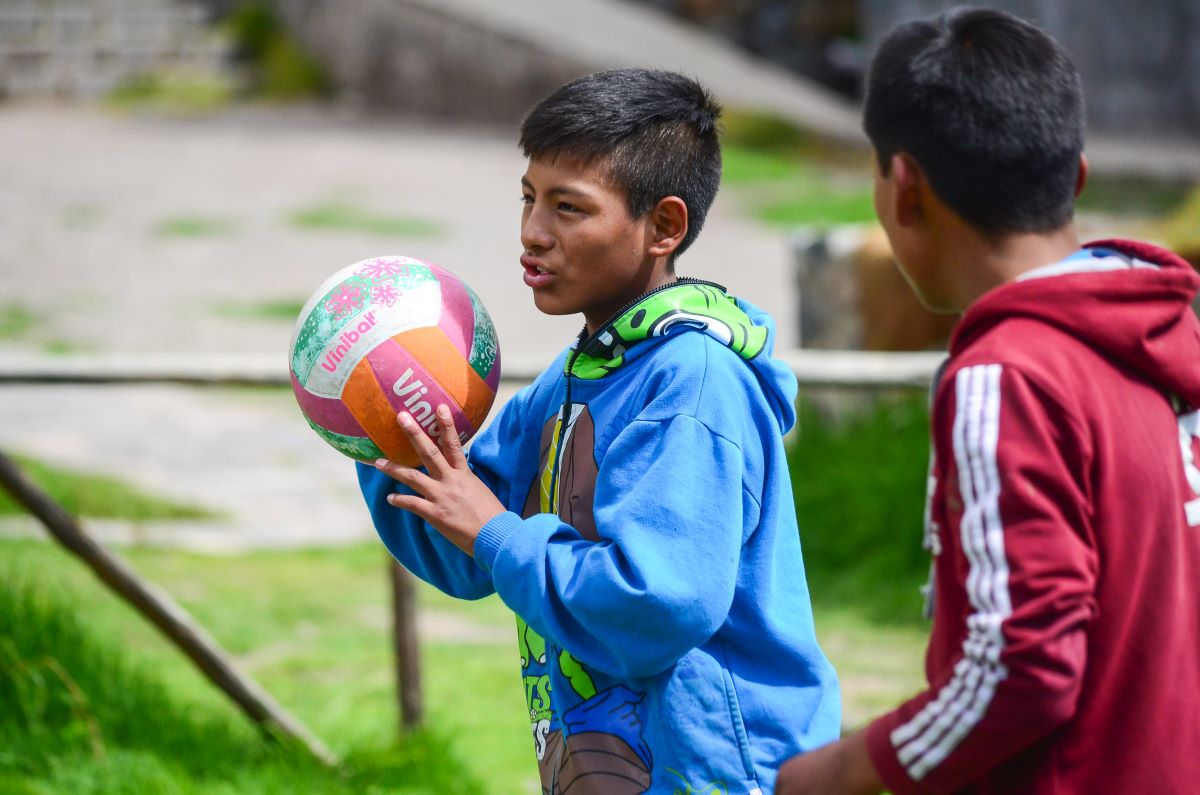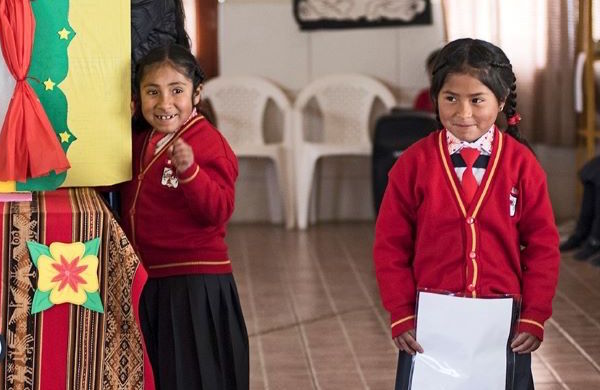Quechua Benefit celebrates GivingTuesday by helping our students and their families. Join us and millions around the world by participating in the global generosity movement on November 29, 2022.

GivingTuesday is a global generosity movement, unleashing the power of people and organizations to transform their communities and their world.
GivingTuesday will kick off the generosity season this year by inspiring people to give back on November 29, 2022, and throughout the year.
Those who are interested in joining Quechua Benefit’s GivingTuesday initiative can DONATE HERE. Learn more about the GivingTuesday movement here.
Our goal is to raise $50,000 this year. Help us get there!
Corporate Matching
Did you know your company may have a corporate matching program? Quechua Benefit may be on it, if not, recommend us! Contact your company’s HR department to learn more about company matching programs. We would like to take a moment to thank our current corporate matching partners: Intel, Nike, Guidewire, United Health Group, State Farm, BD, R.W. Baird, TQL, and Velosio.









About Quechua Benefit
Quechua Benefit’s mission is to empower the Quechua people in the highlands of Peru through educational programs, medical care, efficient farming practices, and social justice programs. Our three pillars are education, economic empowerment, and preventative medicine.
Share Your Story
Head over to social media (or email us) and share why you support Quechua Benefit. With your permission, we’d like to share these stories as a way to connect supporters and strengthen our community. Be sure to tag us on socials, @QuechuaBenefit and use the hashtags, #GivingTuesday and #WhyIGive!
Ways to Help
- Donate
- Volunteer (in Peru or locally)
- Attend an Event
- Shop with Amazon Smile
- Spread the Word








































